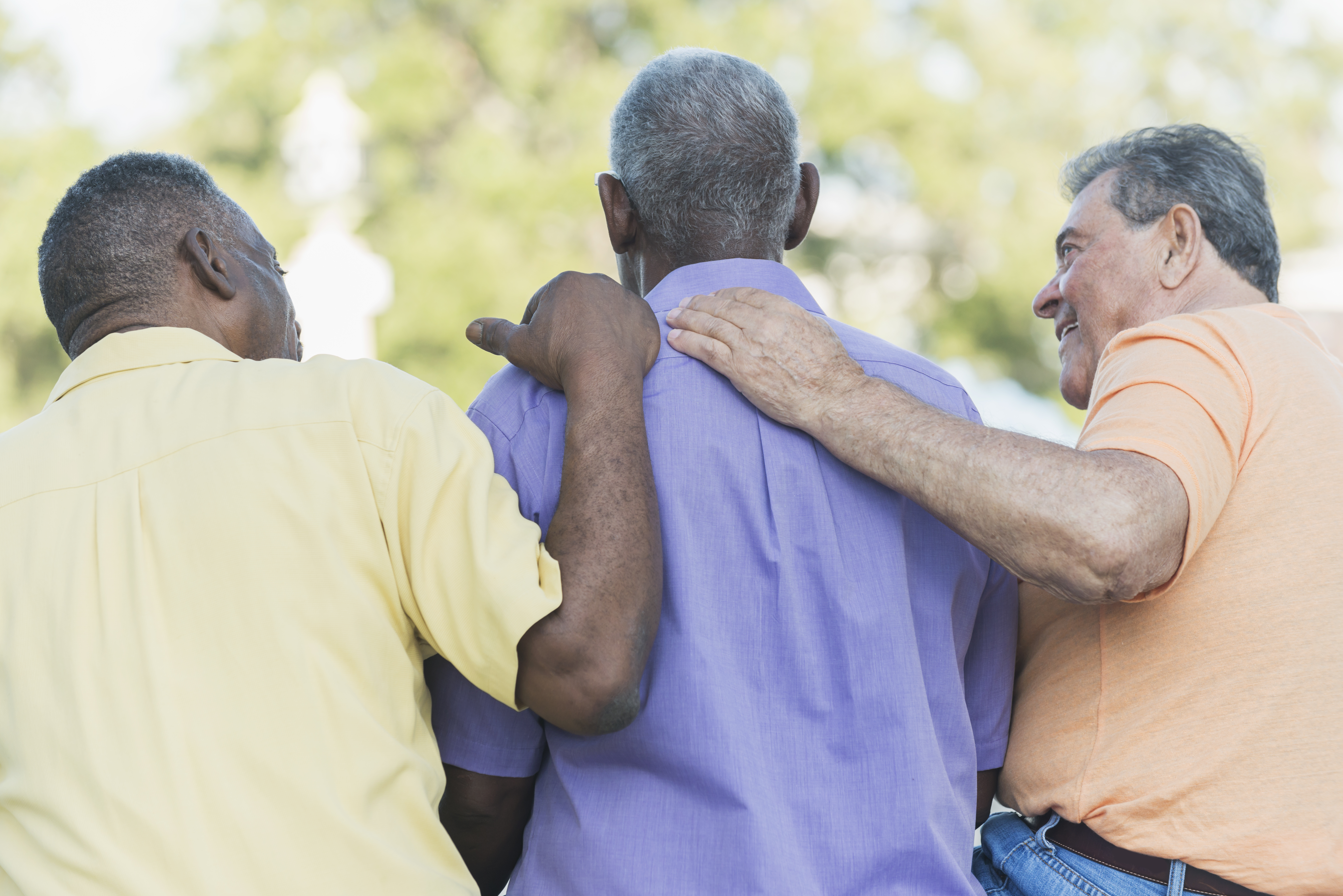Feeling Lonely? You're Not Alone!


U.S. Surgeon General Dr. Vivek H. Murthy toured the country in 2019 to talk to Americans about social disconnection, which was found to be more common than anyone had ever suspected.
After researching the available science, Dr. Murthy identified social isolation and loneliness as significant public health concerns--and issued an advisory to summarize the health consequences and recommend ways to help.
Social isolation and loneliness are not one and the same. Social isolation is physically being alone, whereas loneliness is an internal feeling of not being connected to others.
Believe it or not, loneliness is remarkably common and more widespread than any other chronic medical condition.
In 2023, the University of Michigan's National Poll on Healthy Aging showed that more than one in three older adults (37%) reported feeling lonely in the past year. It is estimated that 75% of younger adults experience loneliness.
Loneliness can have a profound impact on your health. Studies show that social isolation and loneliness substantially increase your risk for depression and anxiety; cardiovascular disease, including high blood pressure, heart attack, and stroke; and cognitive decline. People who are socially isolated or lonely also have a higher likelihood of smoking, overusing alcohol, not eating well, and being sedentary.
A recent review of 90 studies showed that loneliness was associated with up to a 60% increase in premature death from all causes.
Furthermore, studies show that biomarkers signaling stress and inflammation (like cortisol and C-reactive protein) tend to be higher in isolated and lonely people. Inflammation damages cells, tissues, and organ systems, especially if it persists over time.
On a positive note, there is a lot you can do to address social isolation and feelings of loneliness. The first step is recognizing that you may lack companionship and have feelings of being left out. The second step is to be your own advocate and reach out to people you love and who love you.
Doing outreach work or volunteer activities that serve and support others is another great way to combat loneliness. Do an online search for The National Institutes of Health to find some additional suggestions.
Finally, be honest with your health care provider if you are experiencing loneliness. Mental health is just as important as your physical health.
We are at our best when we are connected. Perhaps the most powerful benefit of living at an Erickson Senior Living community is that there are so many opportunities for social engagement with people from different backgrounds.
Please make the time to nurture your relationships and find meaningful ways to interact with others. You will be happy you did!
To learn more about how Erickson Senior Living residents support their well-being through meaningful relationships, request a free informational brochure today.